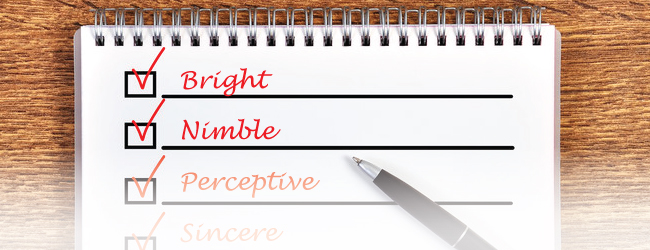
Choosing a Great Mediator
Lawyers are paid to be advocates; and to get results.
So why use a mediator? Mediators resolve cases. Isn’t that the lawyer’s job?
Litigation is adversarial. It can be tough to talk openly about your case with your adversary. You never know how much to say – and anything you say may (and sometimes will) be used against you.
Enter the mediator. Mediators are neutral. They don’t take sides. They don’t hold grudges. They aren’t trying to set you up.
Mediators can get places nobody else can. Good mediators promote open dialogue between the parties. And once people talk candidly about their cases, great things happen.
A mediator holds a powerful position. Once a caucus begins, the attorneys are entirely dependent on the mediator for cues and clues about the other side. Only the mediator has access to the other side’s comments. All positions, claims and defenses are filtered through the mediator. Only the mediator has access to those important clues – body language, tone of voice, word choice – which are vital cues as to how the other side feels about their case (and yours). Nobody has as much access to critical information as the mediator.
A good mediator can make or break a settlement. In some cases attorneys have felt like their mediator gave up too soon and too easily, where the case could have settled if only the mediator had been more persistent. In other cases a skillful mediator has literally hammered out a solution to a case that seemed unsolvable.
Below are five things to look for in choosing a great mediator.
1. Bright. Mediators must clearly understand the key points of a case. They have to be able to analyze the strengths – and weaknesses – of both sides. And they have to do this quickly. If your mediator doesn’t understand all the dynamics of your case before your mediation begins, he or she will spend precious time getting up to speed on your case instead of crafting a solution with your adversary. Choose a mediator who’s bright.
2. Nimble. Litigation is war. Battlefield conditions change quickly. In order to make the most of their situation, great battlefield strategists turn changing conditions to their advantage. Mediation is no different. Arguments and evidence come out for the first time in mediation. Emotions run high. Perspectives shift quickly. Your mediator needs to effectively use changing conditions to advance a settlement. Choose a nimble mediator who thinks on his or her feet.
3. Perceptive. Perception is reality. Sometimes it doesn’t matter how good your case is. If you think you have the world’s best case and the other side thinks it’s worthless, settlement will be difficult.
Parties and attorneys constantly provide clues about how they view their own case, how they feel about the other side’s case, and the mediation process. A mediator who doesn’t pick up on reactions and body language will miss a prime source of critical information. Choose a perceptive mediator who understands people.
4. Sincere. Cases are built on power. But they are often resolved through trust. Lawyers may trust a mediator’s application of the law. And the parties will frequently respect a mediator’s case evaluation. A mediator who gains the trust and respect of the parties (and their counsel) is in a far better position to resolve a case than one who doesn’t. Trust lies at the threshold of respect, and sincerity lies at the threshold of trust. Few people can successfully feign sincerity, and even fewer will trust someone who seems insincere. Choose a sincere mediator who inspires trust.
5. Persuasive. A mediator must be confident. A hesitant mediator will never convince a party that they may lose their case. Confident, self-assured and yet friendly and approachable – an effective mediator will skillfully explore the relative costs and benefits of settlement as compared with continued litigation. Some cases are ready to settle regardless of the mediator’s skill. But others settle only when the mediator has the ability to persuade the parties that a negotiated settlement is better than the uncertainties of trial. Risk and cost are key tools mediators use in settling every case. Choose a mediator who can help convince your opponent that settlement is their best option.
Life is full of choices. Thoughtful mediator selection can make a significant difference in the outcome of your case.